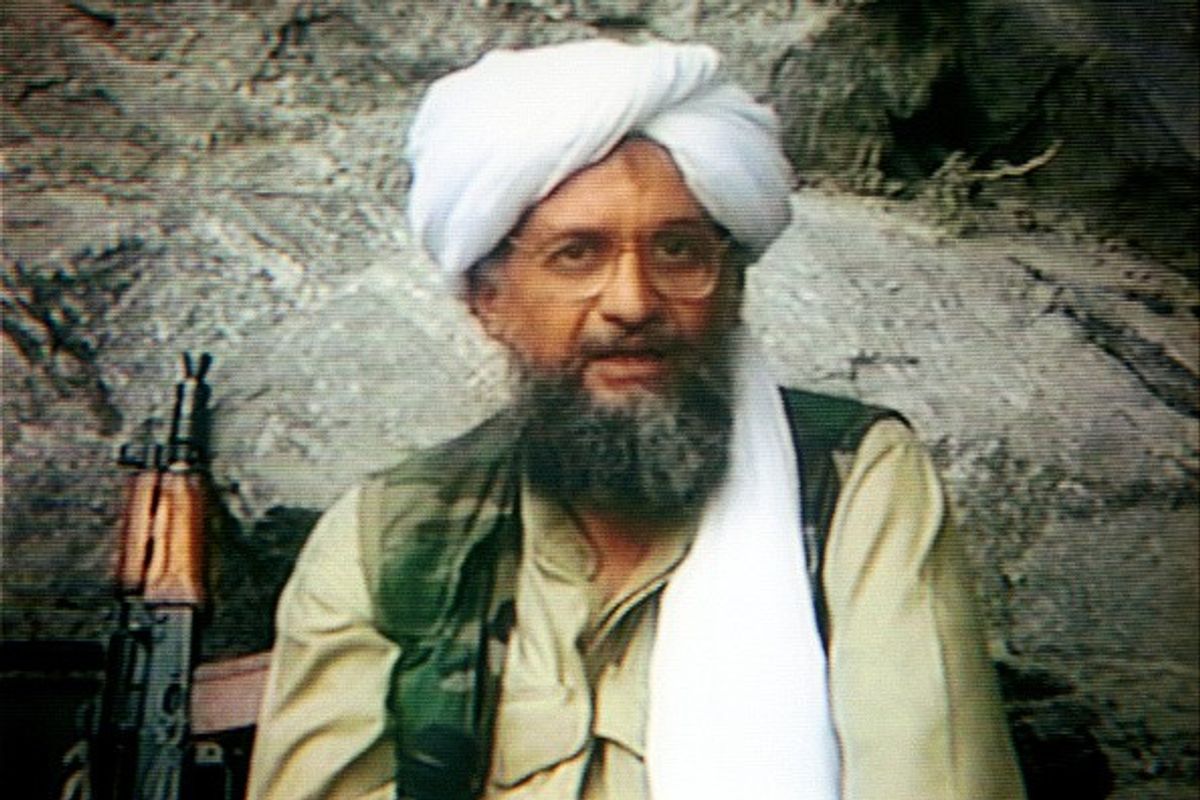[Editors Note: Cipher Brief Senior Book Editor Bill Harlow recently had a conversation with author Chris Whipple about his new book: The Spymasters. A review of the book can be found here. In the book’s acknowledgments section, Whipple thanks Harlow for his assistance. Harlow tell us that was mostly for convincing a few folks who might be otherwise inclined to sit down for interviews with the author.]
Harlow: It is common for people to write books and then someone makes a documentary of movie out of them. This is the second time you have made a documentary and THEN turned it into a book. Has anyone told you that you are doing this backwards?
Whipple: I do a lot of things backwards, including my research. For example, when I did The Spymasters: CIA in the Crosshairs, the Showtime doc—-with my partners, filmmakers Jules and Gedeon Naudet and Susan Zirinsky of CBS News—-I began by interviewing all the living CIA directors. Only later, for the book, did I go back and research the lives of the men who came before them, beginning with the legendary Richard Helms. When your day job is being a documentary filmmaker, you make films first. (These days I spend more time writing books.) In the case of both The Gatekeepers, about White House chiefs of staff, and The Spymasters, about CIA directors, I thought the films barely scratched the surface of almost unbelievable, untold stories that cried out for book-length treatment.
Harlow: Why did you do this book – now?
Whipple: Today, the intelligence community faces an almost existential test, as serious as any since Watergate. In the 1970s, Richard Helms defied Richard Nixon’s pressure to engage in a criminal cover-up, thereby sinking his presidency and helping to uphold the rule of law. Today, we are dealing with another president whose brazen efforts to intimidate and politicize the intelligence community would make Nixon blush. So, The Spymasters is bookended, as it were, by rogue presidents in thrall to the delusion that the CIA is a deep state hellbent on bringing them down. In dealing with Trump, Gina Haspel would be well-advised to study the example, and heed the lessons, of Dick Helms and Nixon.
Harlow: Did anything you thought you knew about CIA directors when you made the documentary in 2015, change when you were writing the book in 2020?
Whipple: Until I did the book, I didn’t realize how much all the directors faced a common challenge: how to tell presidents anything they don’t want to hear. This didn’t begin with Trump’s trashing of DNIs and DCIAs who spoke the truth about Russian interference in the 2016 election. LBJ demanded that Helms produce evidence that bombing North Vietnam would win the war. Helms told him just the opposite. George W. Bush’s White House shrugged off Director George Tenet’s repeated warnings of an imminent Al Qaeda attack. Today, we are suffering the consequences of a president who ignored warnings of a coronavirus pandemic in the President’s Daily Brief (PDB). Trump is uniquely resistant to verifiable facts. He does not read. He is incurious. And his contempt for the intelligence community makes him virtually un-briefable.
Harlow: In writing a book like this – about a secretive organization and in some cases covering incidents from decades ago – how hard is it to get what you think is a complete picture and how hard is it to guard against faulty or self-serving recollections?
Whipple: It is 1) impossible to get a complete picture; and 2) very hard to guard against self-serving recollections. The best you can do about the latter is to talk to everyone you can and try to make an informed judgment.
Harlow: How do you think the role of the CIA director has changed since the establishment of the DNI? If you could give the CIA directors of the past 15 years truth serum – do you think they would prefer to go back to the old system – or would they to do happy to be rid of the IC management role?
Whipple: With the advent of the DNI, the CIA director’s authority has become more constrained; he or she has fewer things to worry about—-but the new hierarchy has mostly muddied lines of authority and confused things. I think almost every CIA director would prefer the old system. Bob Gates turned down an offer to become the first DNI because he thought it was unworkable.
Harlow: Do you think anyone will ever make a documentary or write a book about DNIs?
Whipple: I doubt it.
Harlow: How much cooperation did you get from current intelligence officials for this book?
Whipple: More than you might suspect is all I can say. But the current director and her immediate predecessor declined my requests for interviews. That’s unfortunate, I think. Helms, Colby, Bush, Casey, Webster, Gates, Tenet, Hayden, Panetta—-those guys weren’t afraid to be asked hard questions.
Harlow: What do you think readers will be surprised to learn about when they read The Spymasters?
Chris WhippleWhipple: I hope the book provides a few surprises even for experienced intelligence officials. Cynthia Helms regaled me with untold stories about her husband. (Over breakfast, Helms used to read The Washington Post to her out loud—-and then tell her who he thought the anonymous sources were.) There is at least one major, ill-fated covert operation that has not been publicly reported before. I had an advantage over the authors of official CIA memoirs: no Publication Review Board. But at the end of the day, I hope I’ve succeeded in humanizing the men, and the woman, who have run the world’s most storied and influential intelligence agency.
Harlow: Based on what you learned in writing this book – what attributes should a president look for in picking the next CIA Director (whenever that happens)?
Whipple: Spoiler alert: An ideal CIA director has more than a few things in common with an effective White House chief of staff. It’s no coincidence that Leon Panetta was successful in both roles. Whether chosen from within or without, the next CIA director should be capable of leading a diverse workforce; skilled at dealing with the White House and Capitol Hill; possessed of unquestioned integrity; satisfied with the role of honest broker; grounded and comfortable in his own skin; and, maybe most important, willing to tell the president what he does not want to hear.
Disclaimer: The Cipher Brief, like other Amazon Affiliate partners, gets paid a small commission based on purchases made via the links provided in this story
Read more Under/Cover book reviews in The Cipher Brief
Read Under/Cover interviews with authors and publishers in The Cipher Brief
Interested in submitting a book review? Check out our guidelines here
Sign up for our free Undercover newsletter to make sure you stay on top of all of the new releases and expert reviews
Read more expert-driven national security news, insights and perspective in The Cipher Brief













